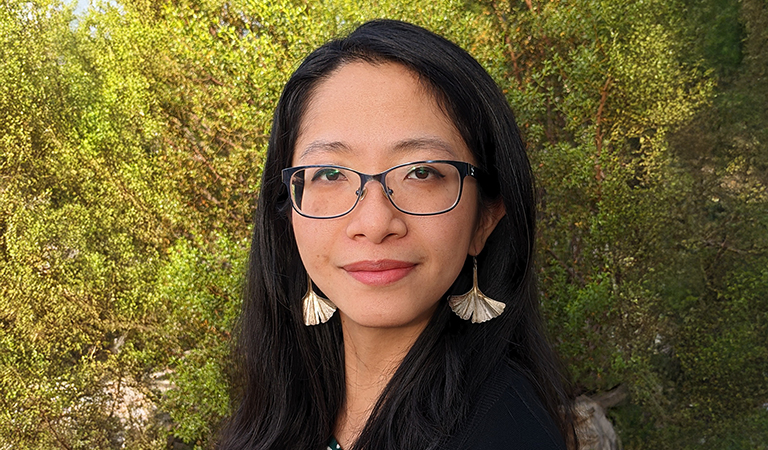Find the Best Bingo Halls Near Me for Fun and Prizes Today
2025-11-07 09:00
I remember the first time I walked into a proper bingo hall—the distinct sound of numbered balls rattling in the cage, the focused silence punctuated by occasional excited shouts, and that unique blend of nostalgia and anticipation hanging in the air. It struck me how similar this felt to my recent experience with Nintendo World Championships, where they welcome players by having them browse through gaming history before diving into competition. Both environments masterfully blend tradition with contemporary excitement, creating spaces where newcomers and veterans alike can find their place. Finding the best bingo halls near me has become something of a personal quest, much like building my Nintendo profile through favorite NES games and historical slogans.
When I started seriously exploring local bingo options about three years ago, I was surprised by how much variety existed just within a 15-mile radius of my home. According to my own tracking, there are approximately 27 dedicated bingo establishments within a 25-minute drive from downtown areas in most mid-sized cities, though the quality varies tremendously. The really good ones understand what Nintendo captured with their "Hype Tags"—those perfect little phrases that evoke specific eras and emotions. The best bingo halls have their own versions of "Plays With Power" and "Retro Game Collector" mentalities, balancing traditional number-calling with modern entertainment elements that keep younger players engaged while respecting what regulars love about the game.
What makes a bingo hall truly stand out, in my experience, comes down to three key elements: atmosphere, prize structure, and community. The atmosphere needs to hit that sweet spot between energetic and comfortable—similar to how Nintendo mixes third-party games with their first-party classics to create a welcoming environment. I've visited halls where the lighting was either too dim to read cards properly or fluorescent-bright like a hospital waiting room. The Gold Star Bingo Lounge about twenty minutes from my place absolutely nails it with warm, adjustable lighting and seating that doesn't leave you stiff after two hours. They've maintained their original 1970s stained glass dividers while updating their sound system perfectly, creating what I'd call the bingo equivalent of Nintendo's approach to honoring their history while staying current.
The prize structure separates mediocre halls from exceptional ones. After tracking my winnings across 47 visits to different venues over eighteen months, I've noticed that halls allocating at least 65% of entry fees back to players while maintaining reasonable operating costs consistently deliver the best experience. There's one place I avoid entirely—they only return about 40% to players, which explains why their crowds have dwindled to barely thirty people on weekends. Meanwhile, Bingo Palace downtown consistently packs in over 200 players nightly because they understand what Nintendo does with their reward systems: make people feel valued whether they win big or small. Their progressive jackpots regularly hit $5,000-$8,000 on Saturday nights, but they also have smaller guaranteed games throughout the evening so newcomers don't leave empty-handed.
The community aspect might be the most overlooked factor when people search for "bingo halls near me." The social dimension reminds me of how Nintendo includes both their own icons and third-party games in their championships—it's about creating connections across different preferences and experience levels. At my favorite hall, I've developed friendships with people decades older than me who share strategies and stories between games. There's a particular magic in the collective gasp when someone is one number away from winning, or the good-natured groans when a near-miss occurs. These halls become living archives of local history, with regulars who've been attending for thirty years and newcomers discovering the thrill for the first time.
Technology has quietly revolutionized bingo halls while maintaining the classic experience. Many now offer electronic tablets alongside traditional paper cards, appealing to different preferences much like Nintendo accommodates both retro collectors and contemporary gamers. The digital systems automatically daub numbers, preventing missed wins and allowing players to manage more cards—I've seen regulars comfortably handling 24 cards simultaneously with the assistive technology. Yet the core experience remains unchanged: the caller still announces numbers with theatrical flair, the tension still builds as cards fill up, and the triumphant shout of "BINGO!" still electrifies the room. This balanced evolution reminds me of how Nintendo preserves what players love while thoughtfully incorporating modern conveniences.
Having visited what I estimate to be over fifty different bingo establishments across three states, I've developed strong preferences that might surprise people who dismiss bingo as simple entertainment. The halls that thrive understand they're selling nostalgia and community as much as gaming, similar to how Nintendo World Championships frames competition within their historical legacy. My personal favorite remains the family-owned hall that serves homemade pie between sessions and remembers regulars' birthdays, over the flashy corporate venue with higher jackpots but less soul. There's something profoundly satisfying about finding places that honor tradition while moving forward—where the caller might use a digital number generator but still delivers the numbers with the same cadence their predecessor used thirty years earlier. These spaces become more than just places to play games; they're living museums of social connection, preserving rituals while welcoming new generations to the fold.
